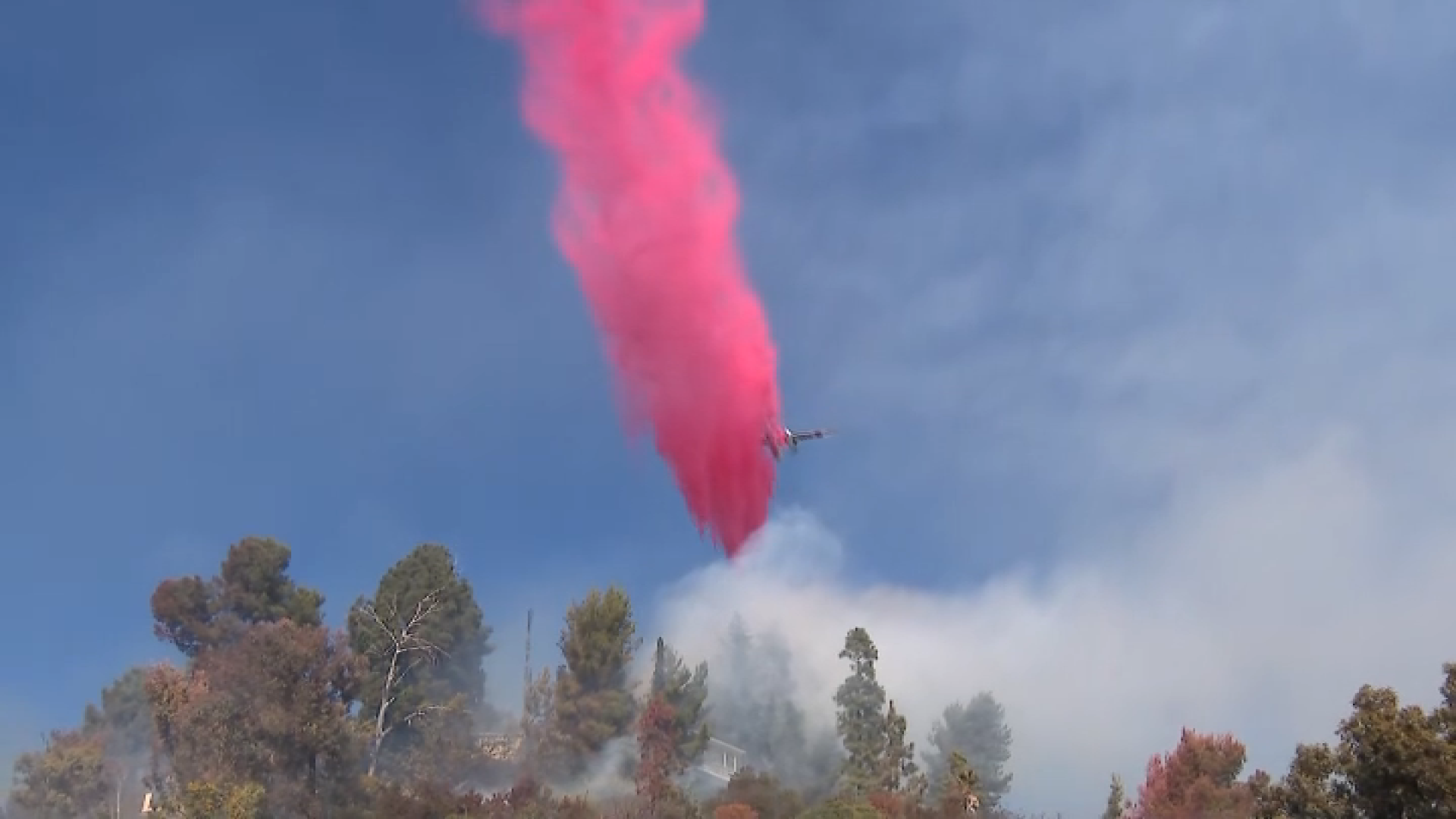San Diego-sector Border Patrol agents reported more than 230,000 encounters during the fiscal year that ended in September - a number that had not been seen in decades
In a quiet rural town like Jacumba, there are some things you expect to see. Others, not so much.
“They just come in like nothing to it,” said Jerry Shuster, referring to a group of migrants sneaking through a hole in the border fence in broad daylight. “They walk right into our country.”
Shuster has been a resident of Jacumba for over 40 years. He emigrated from the former Yugoslavia.
Get top local stories in San Diego delivered to you every morning. Sign up for NBC San Diego's News Headlines newsletter.
“I came over here 1969, the legal way,” said Shuster.
Living in a border town, he says it’s not uncommon to see migrants try and get across the border. What is uncommon is the dozens, if not hundreds, of them he’s witnessed using holes in the fence to cross over in the past few months.
“They come around the side of the border, they walk onto our property and they stay until they get picked up,” said Shuster.
Local
For years migrants who crossed illegally into the U.S. would often run away from the U.S. Border Patrol but now most of them are eager to get picked up and processed.
San Diego-sector Border Patrol agents reported more than 230,000 encounters during the fiscal year that ended in September - a number that had not been seen in decades.
“These are mostly asylum seekers,” said Erika Pinheirom, executive director of Al Otro Lado. “The ports of entry are closed to people who do not have [CBP One] appointments, that's the app that CBP is using to process asylum seekers. So many of them don't have a choice but to cross between ports of entry.”
Pinheiro manages a migrant aid operation in the area. Along with other volunteers, she provides food, clothes, and basic items to migrants waiting to be processed.
“Most of the people I've talked to have been assaulted and robbed by Mexican law enforcement coming here or extorted,” said Pinheiro. “Some of them have suffered rape, sexual trafficking, all kinds of harm.”
Pinheiro said her team sees an average of 500 individuals every day. Everything they do is made possible by donations, without any help from the government.
“Having them out here and keeping them in these conditions not only hurts the migrants but it puts a strain on the community,” said Pinheiro.
As for Shuster, he also calls on the government to help.
“Somebody needs to do something about this,” said Shuster. “This has been going on for a few months already.”
A resonating plea as the quiet community of Jacumba grapples with the unforeseen challenges brought by the migrant crisis.
NBC 7 reached out to Border Patrol for comment but has not heard back.



